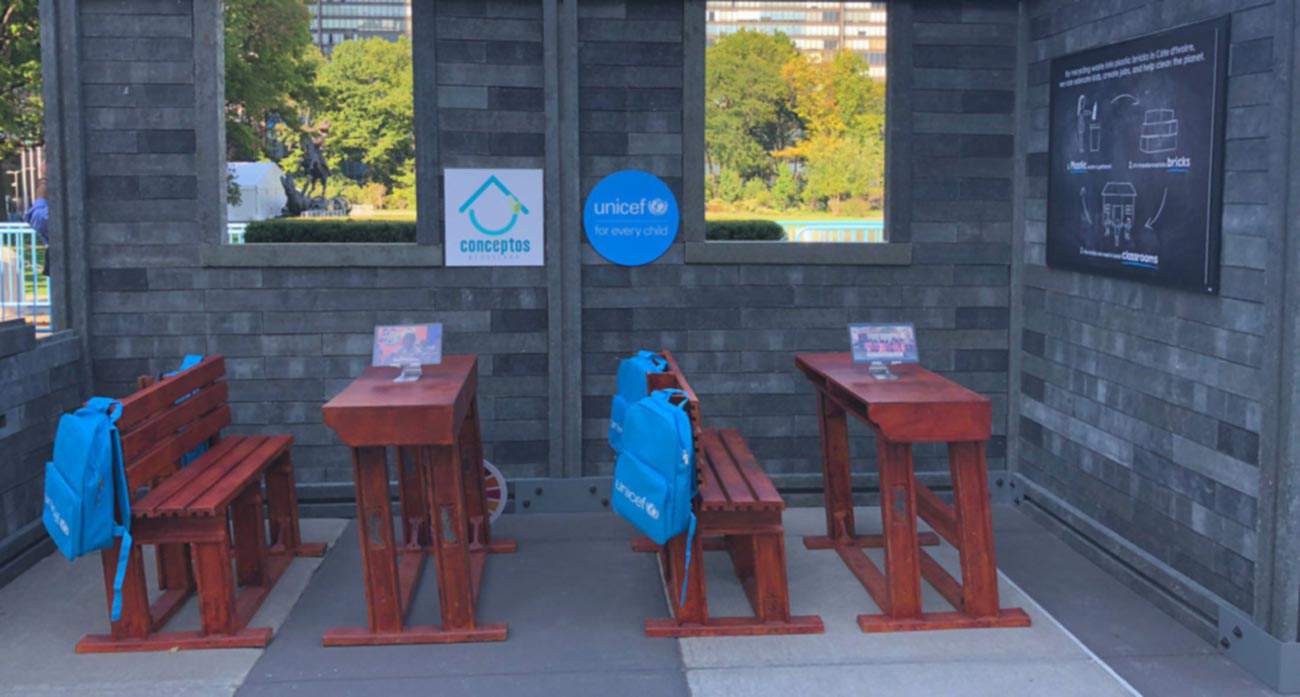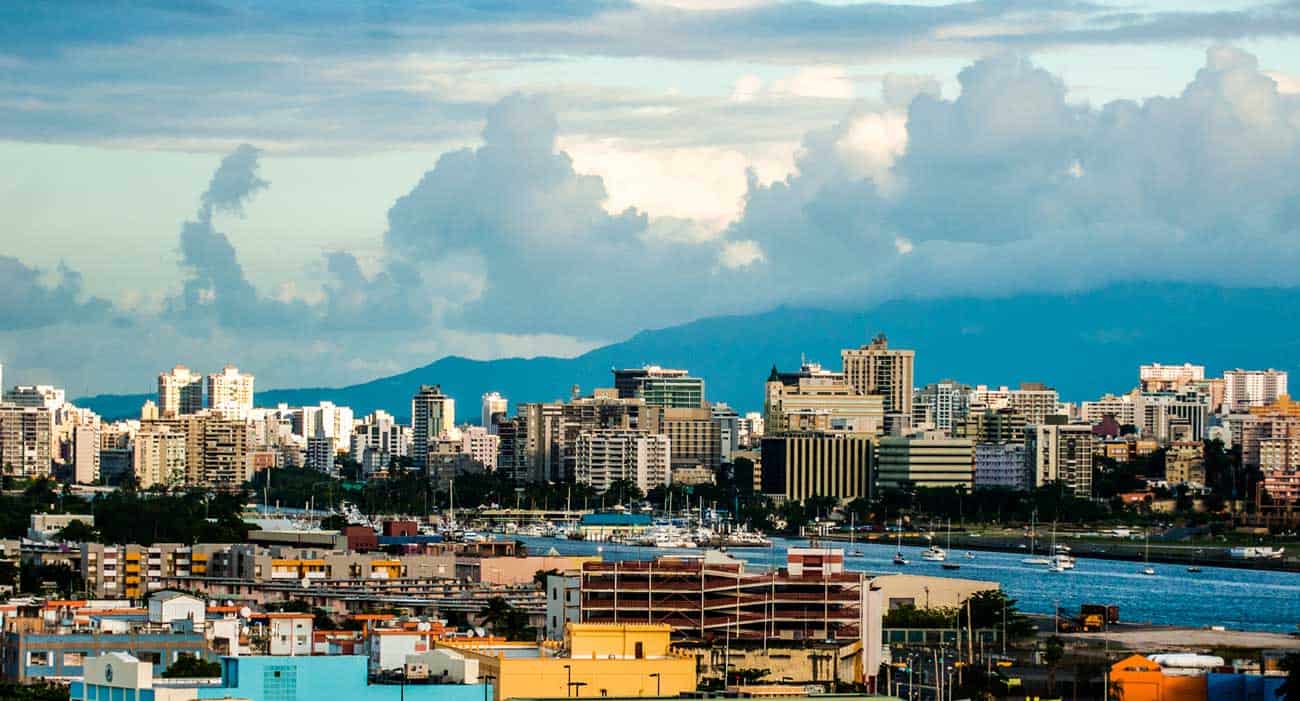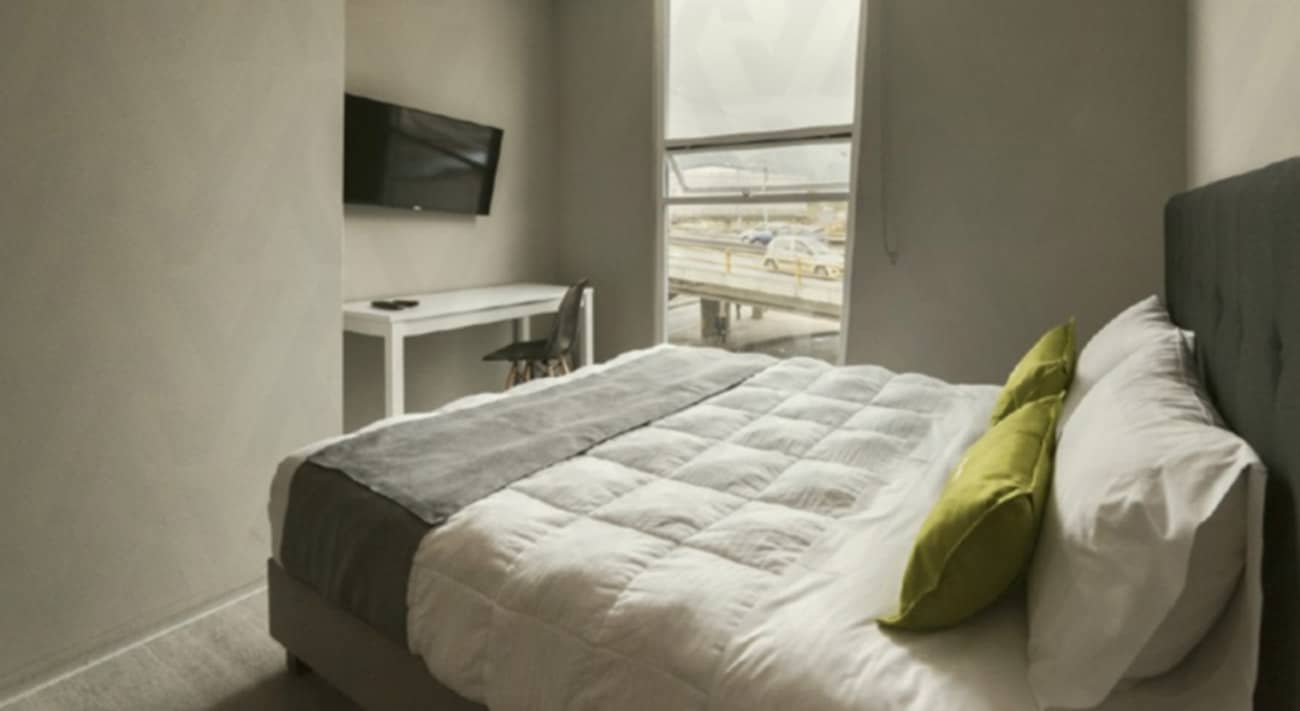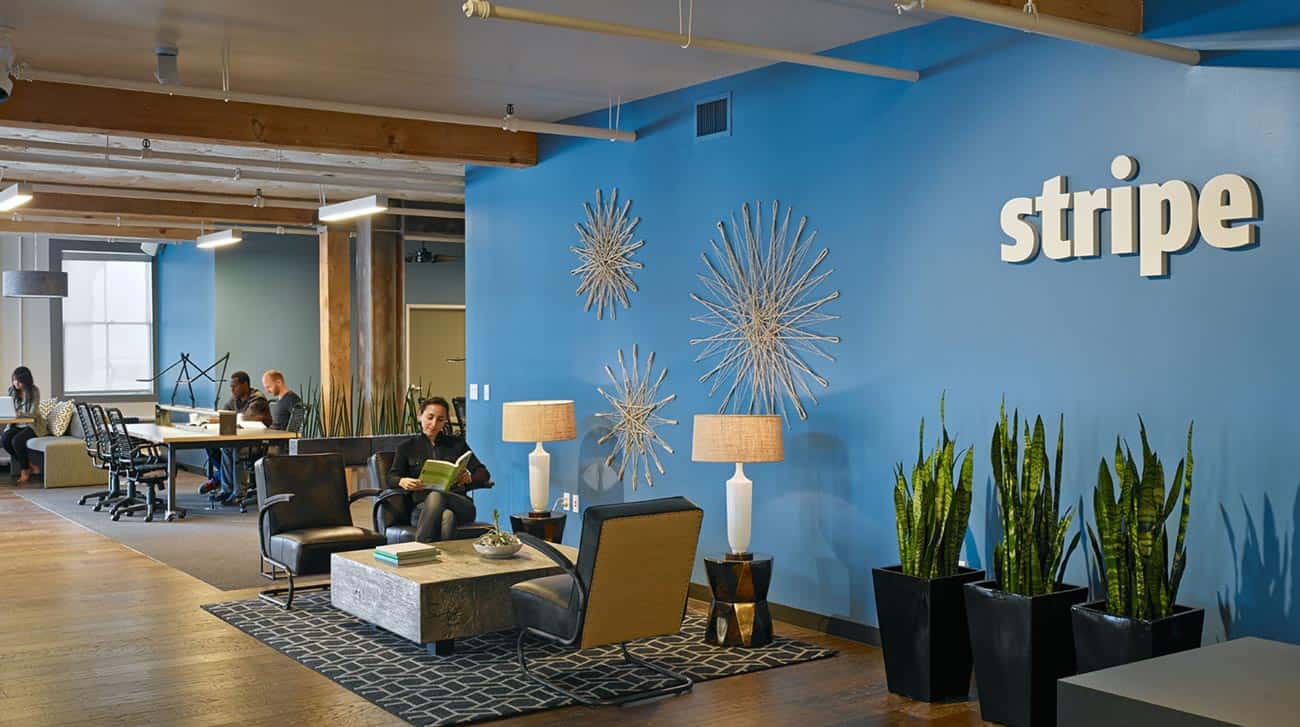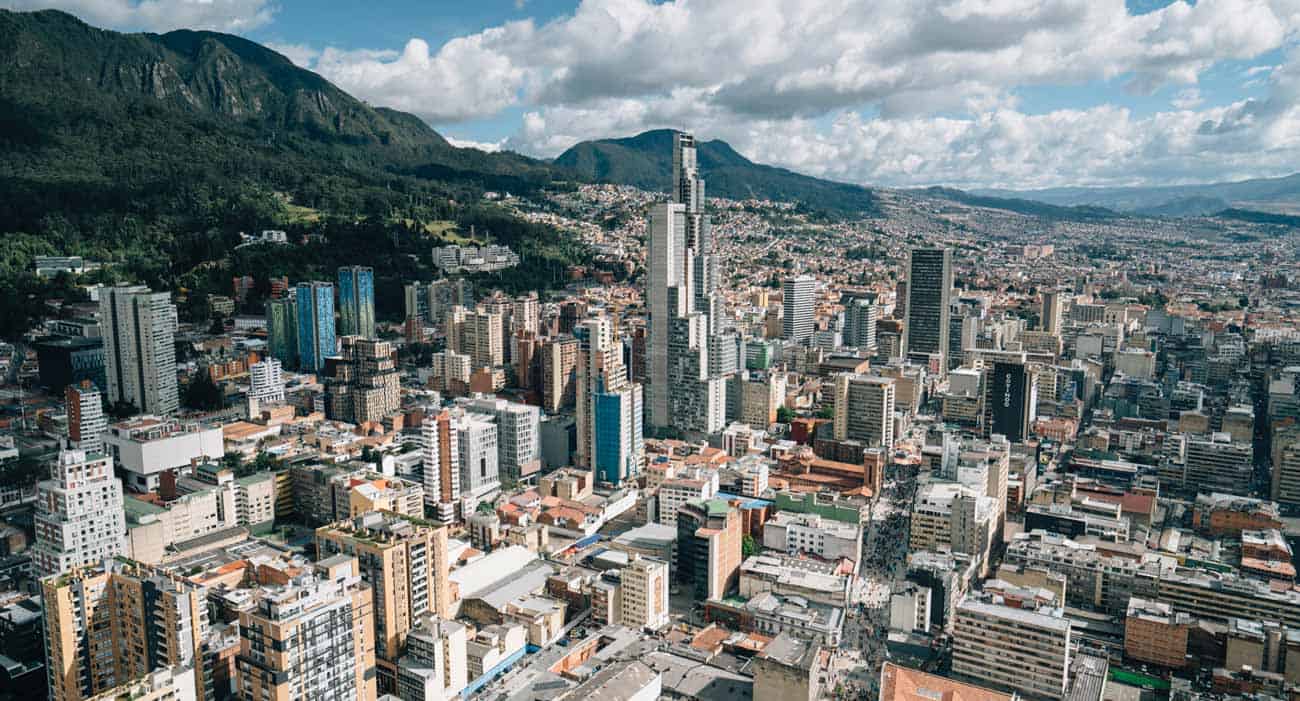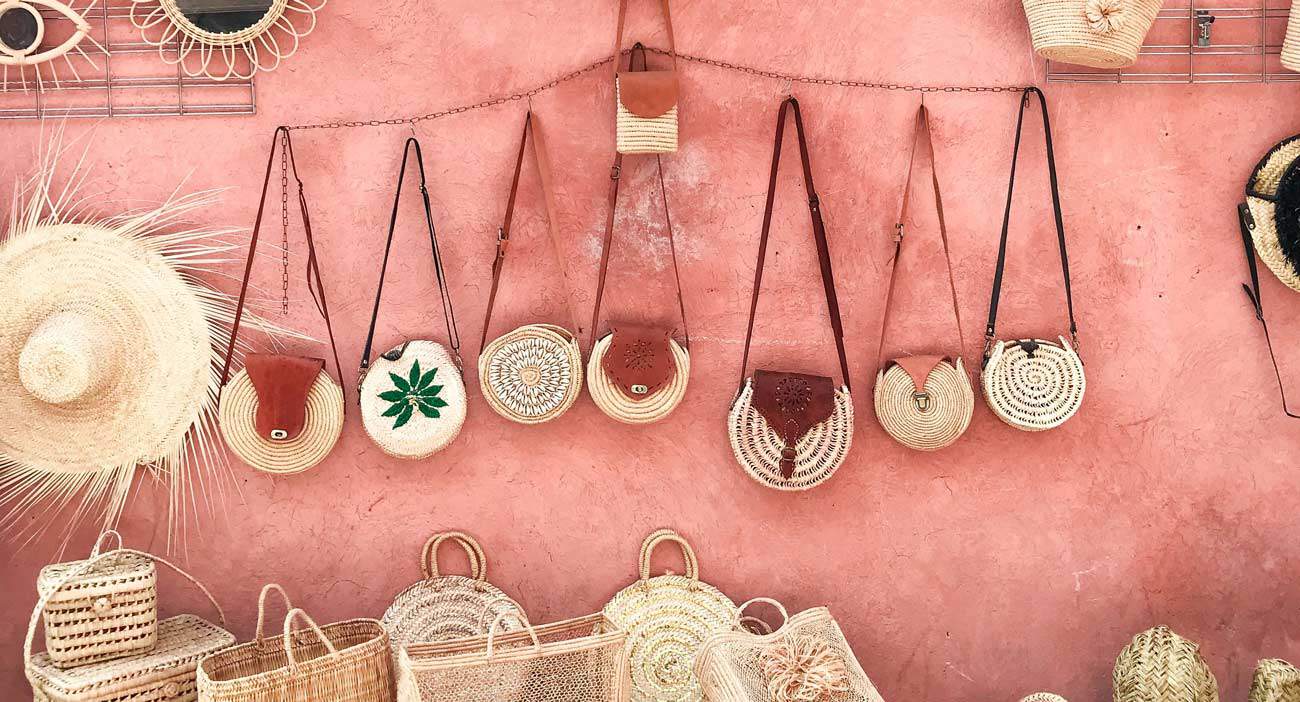Contxto – Disaster-proof houses built in under one week and classrooms in four days. Conceptos Plasticos’ ecological solution sure sounds diligent. Meaning “plastic concepts” in Spanish, the Colombian startup transforms waste into building material capable of resisting earthquakes, floods or extreme heat.
In collaboration with the United Nations Children’s Fund (UNICEF), Conceptos Plasticos is currently constructing educational spaces in the Ivory Coast. The small West African country needs an estimated 15,000 classrooms.
With assistance from UNICEF, the Ivory Coast Government will launch a factory this year that will reportedly operate in conjunction with Conceptos Plasticos. Eventually, it will recycle 9,600 tons of plastic waste per year. In the capital city of Abidjan alone, only 5 percent of the 280 tons of daily plastic waste goes through a recycling process.
Based on Conceptos Plasticos’ building methodology, communities will have newfound capabilities to handle the extreme amounts of plastic waste. Rather than letting refuse deteriorate in landfills, now yesterday’s garbage is becoming tomorrow’s classroom.
According to the World Economic Forum, the objective is to build 500 classrooms over the next two years.
Plastic blocks
Óscar Méndez and Isabel Cristina Gámez developed this sustainable model transforming plastic waste into “bricks,” similar to Lego pieces. In massive amounts, they can produce some pretty impressive structures.
“More than a simple plastic block is a development project,” said Méndez, who presented to the UN General Assembly to showcase the project. “It is a project of social, environmental and really development impacts in many aspects.”
Not only can these plastic blocks improve infrastructure but also generate employment and new learning opportunities for residents. In turn, this solution can rejuvenate communities with children in school and people employed.
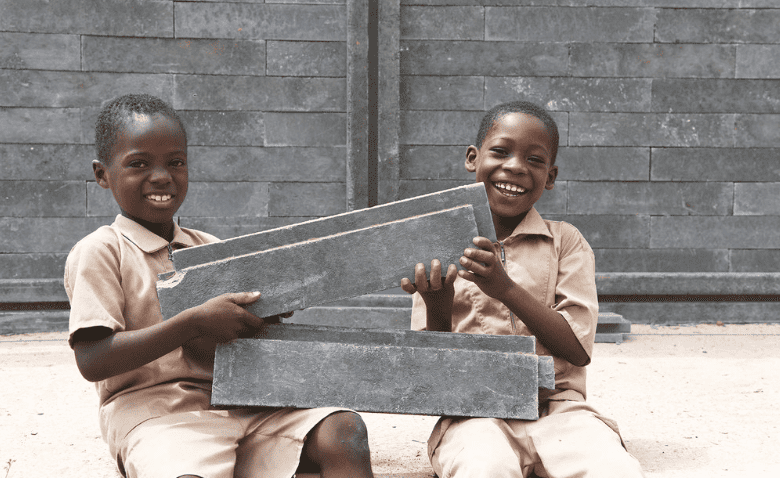
“We work from the beginning empowering communities of recyclers both in Colombia and in Africa,” said Méndez. “We can use plastics that not everyone recycles or hard-to-dispose plastic. The idea is that these people can collect them. That obviously has a value, so we buy them and sometimes we empower their logistics.”
Part of the process involves melting down the plastic in molds to provide the shape for blocks. Easy to assemble, durable and economic, it has the potential to avail communities with limited resources.
Conceptos Plasticos in Colombia
Founded in 2011, Conceptos Plasticos offers many benefits, whether they be environmental, financial or societal. In its native Colombia, building a house is 30 percent cheaper than the traditional process.
Based on the design, the bricks are especially useful in tropical climates due to its insulation qualities. That’s to say, the internal temperature will remain cool. Méndez also says that the units are twice as strong as regular building material.
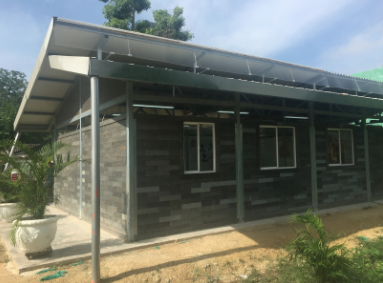
“It also has no problem against water, it is completely waterproof,” said Méndez in reference to the bricks. “You can put it in the sea, in saltwater, in freshwater, and install it even in the water or in places that flood and it is very easy. It is a system that is armed and disarmed, so you can build a house in a week or you can build a classroom in four days, and then you can take it apart and move it or change it or expand it.”
Back in 2016, the startup also represented Colombia at the Chivas Venture competition that offers up to US$1 million in awards to social entrepreneurs. During this time, Conceptos Plasticos acquired US$300,000 and loads of international exposure.
-JA
